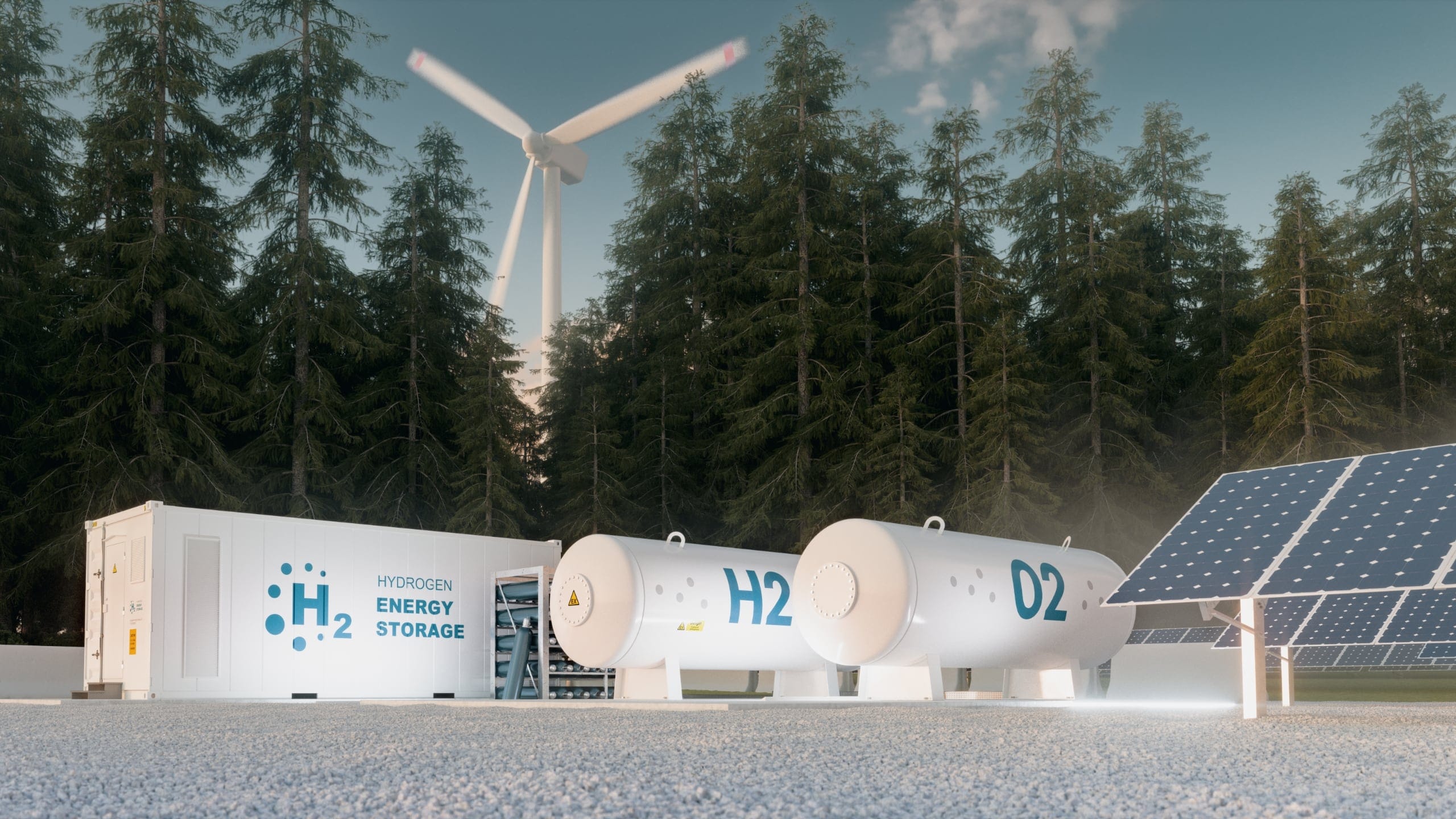NEWS & INSIGHTS | article
Hydrogen – now is not the time to write off any technology

The rising cost of energy has made us all think more carefully about how best to heat our homes. That is why there was a significant amount of interest when the Energy Secretary, Grant Shapps, recently announced the UK Government was likely to scrap plans to replace conventional boilers with a hydrogen-based alternative.
But this is not as controversial as it might first seem. In the race to net zero – and particularly in relation to domestic heating – it is rarely a case of one size fits all. Replacing or retrofitting a conventional gas boiler with a 100% hydrogen boiler is not straightforward and – in most cases – installing a heat pump is a more efficient and cost-effective option.
Meanwhile, trials for hydrogen use in a domestic setting have met with opposition from some communities, who require reassurance about costs and safety. Imposing unwanted green and clean energy technologies on those communities that are more reluctant would be counterproductive and risk harming wider progress towards net zero.
But that does not mean we should rule out hydrogen altogether – far from it. Indeed, while heat pumps are generally seen as an easier option, there are certain situations where heating homes with hydrogen might make more sense, particularly if the homes are close to industrial sites where hydrogen is being produced.
Equally, you do not need to install 100% hydrogen boilers to still use it to reduce emissions. In fact, with government support, hydrogen has a role to play in the existing gas network, where it can be blended with natural gas to create fewer emissions without any drop in performance or need for new appliances.
Consumers will not notice any difference, but using hydrogen to make up a fifth of the gas blend will reduce carbon emissions by around five percent. That may not seem a large amount, particularly given the scale of the climate challenge we are facing, but it is nevertheless a good example of a low regret intervention that could be undertaken now to help reduce emissions. Such a move would also provide an automatic market for hydrogen, helping to secure supply chains and encourage investment.
The primary place for hydrogen, however, is in heavy industry and transport. Renewable energy is not suitable for high intensity industries such as steel production, or heavy-duty transport such as aviation, but hydrogen can fill that void while significantly reducing emissions. That means we can protect skilled jobs and consumer needs while still pushing on towards a net zero future.
If we are to meet our ambitious climate targets, we need to use every tool and technology available to reduce emissions. Hydrogen will be part of the energy mix but to meet demand we need a combination of solar, wind to electric, wind to hydrogen and natural gas. We also need to recognise that not every innovation is applicable or suitable for every scenario. Some technologies will be perfect for domestic consumers, others will be better for businesses, others better still for heavy industry and long-haul travel. With that pragmatic approach we can make sure that all elements of our society – households, businesses and industries – are on the road to net zero.
Subscribe for the latest updates




